Bulgaria's Largest Kukeri Festival Kicks off in Pernik
Sofia News Agency, 25.01.2009
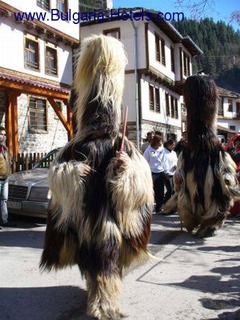
The Surva 2009 International Festival of Mask Games was opened Friday night in the Western Bulgarian city of Pernik.
The Festival features processions of the so called "Kukeri" - an ancient Bulgarian ritual in which costumed men scare away the evil spirits.
The 18th annual edition of the three-day event started with a concert entitled "The Magic of the Good" in the Palace of Culture in Pernik. 330 masked performers of Bulgarian folklore songs and dances took part in the event.
"The International Festival of Mask Games has long ago established its place as an especially prestigious and colorful expression of folklore celebrations in Bulgaria, Europe, and the world. It is an expression of the most viable and resilient traditions in the Bulgarian masking rituals resurrecting the games of the costumed men as a ritual blessing for health, fertility, happiness, and well-being", the Pernik Mayor Rositsa Yanakieva said in her welcome speech.
More than 5 600 mummers from 91 different groups are taking part in the masking and dancing processions on Pernik's streets Saturday and Sunday to chase away the evil spirits.
Eleven of the groups are from abroad - Serbia, Slovenia, Montenegro, Macedonia, Albania, Russia, Belarus, Poland, Portugal, the Netherlands, and France. The foreign guests are presenting the mask rituals of their own nations.
The Kukeri costumes are made of animal skins and horns, wood, and also include large bells attached to the belt. They are supposed to be as scary as possible. In the Bulgarian tradition, around New Year the kukeri walk and dance through their village to scare evil spirits away with the costumes and the sound of the bells.
The traditions is believed to have Thracian origins and can also be found in parts of some of the other Balkan states.
See source here  Member of:
Member of:


















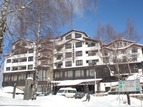
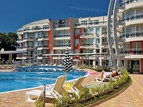

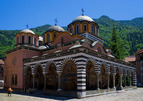
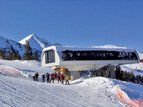




 Touroperator
Touroperator
